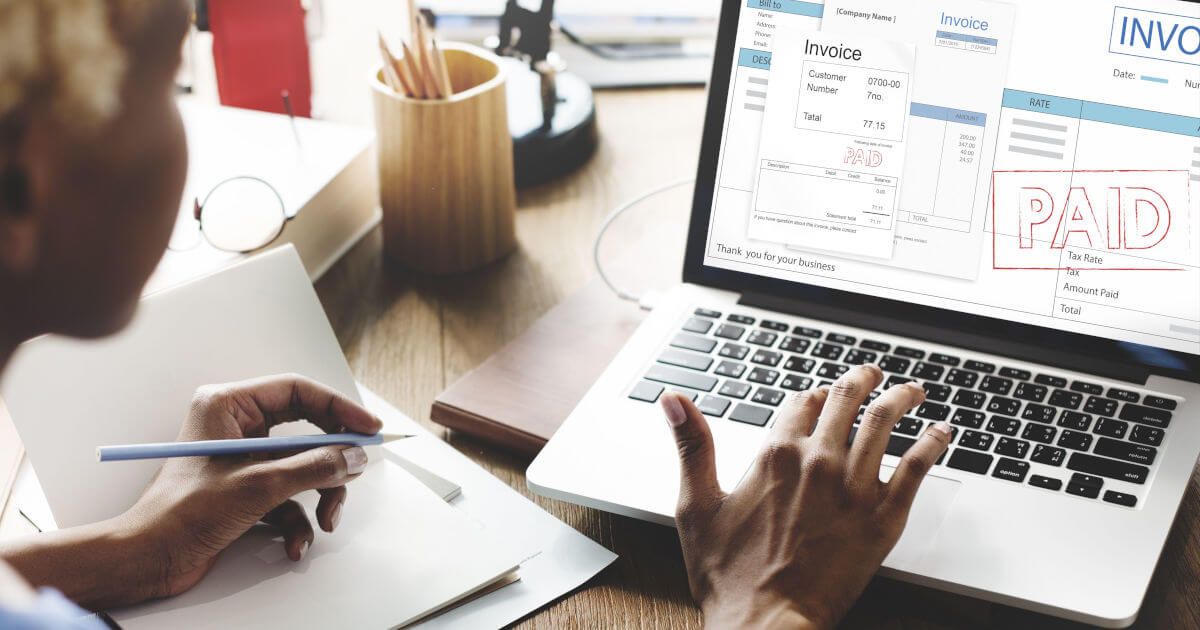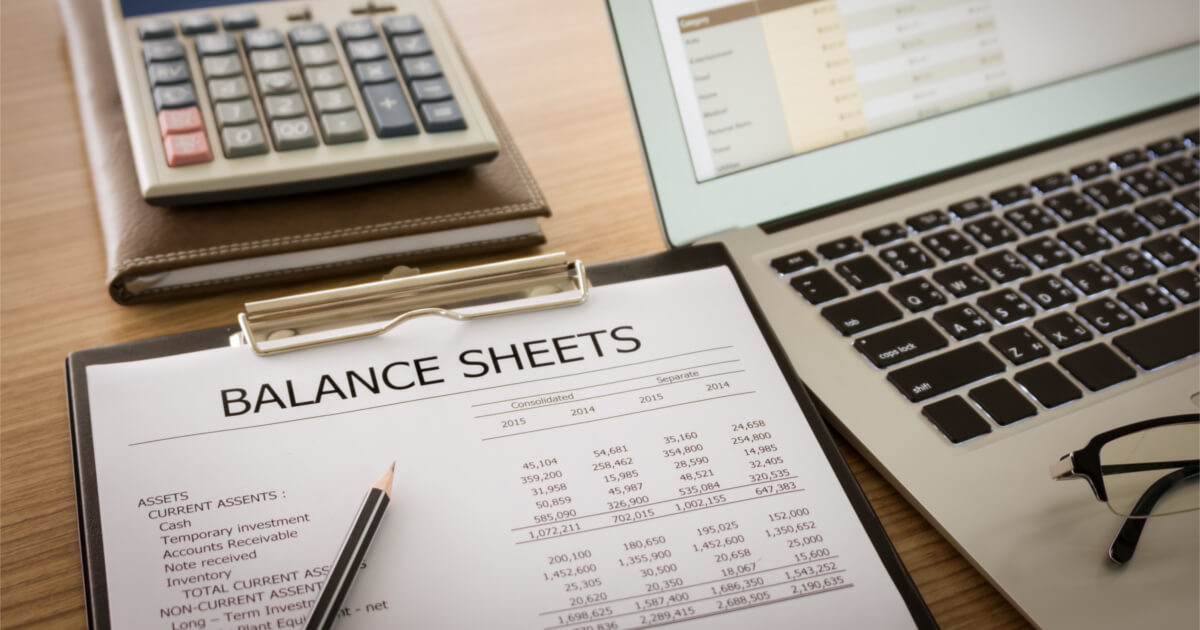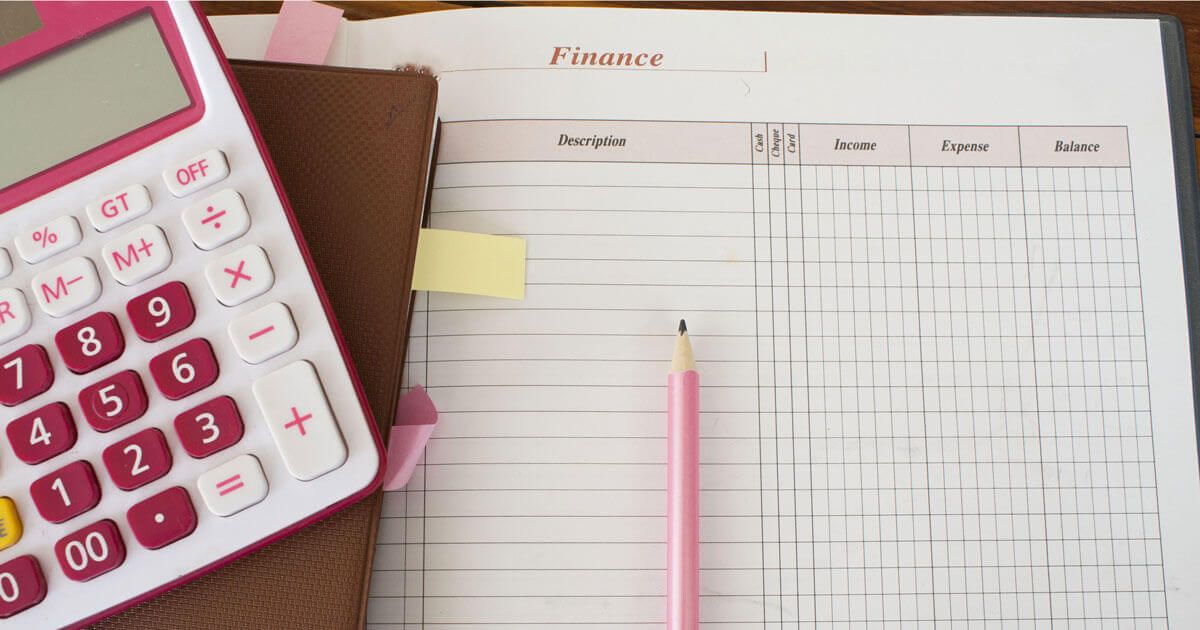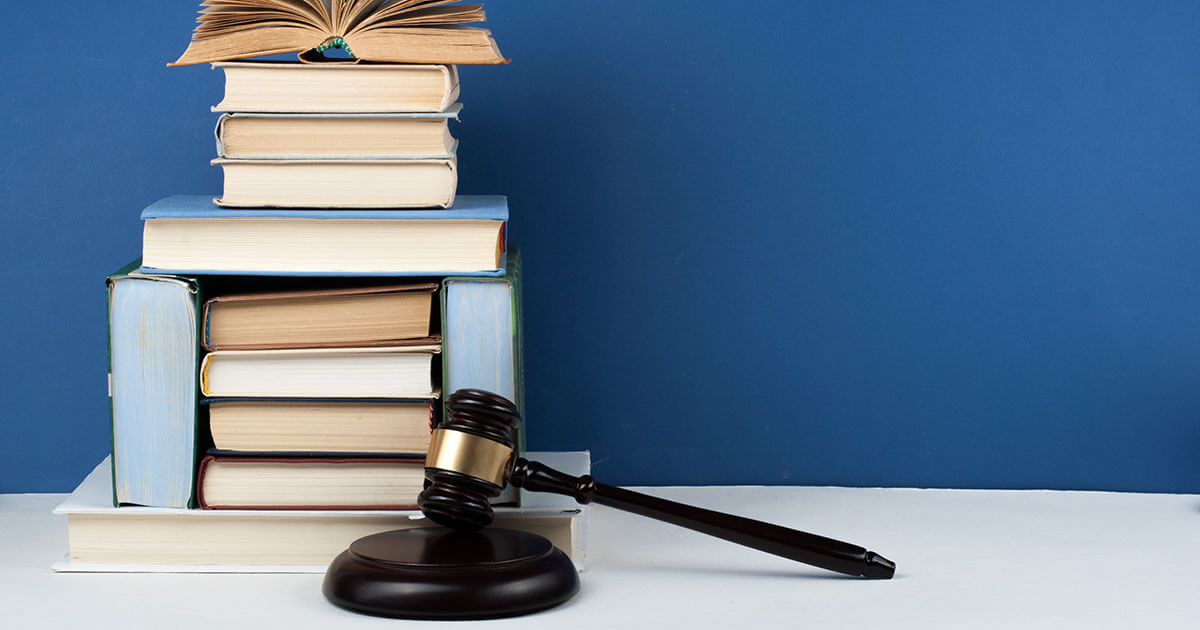Booking company entertainment expenses
Company events such as work parties, company presentations, anniversary celebrations, and company lunches all have this one thing in common: They need to be well organised. In addition to scheduling, sending out invitations, designing the programme, and procuring catering for the participants all play an important role. Neither employees nor business associates should leave feeling hungry or unsatisfied with the menu choices.
But in the endeavour to offer all employees and guests a wide selection of delicacies, it’s important to not lose sight of the cost factor. For this, it helps to make sure that all meal and entertainment expenses are entered correctly into your books and credited correctly in your tax returns. This guide will advise you on how to proceed and what to look out for.
The first step: An appropriate accounting system
To be able to properly organise your business events, you first need a proper accounting system. This is a prerequisite for the creation of a detailed and individualised account plan that includes all of your company accounts. It’s an integral part of the double-entry bookkeeping system.
The accounting system is only the foundation of your bookkeeping plan. In order to customise it, you still need the necessary know-how. As the software doesn’t provide a full support system, it may be necessary to hire a third-party expert accountant to fully utilise the accounting software.
How to properly record business entertainment expenses
Before you start recording your business entertainment expenses and their corresponding tax deductions, you must be aware that all costs have to reported on the form P11D in order to be eligible. These expenses have to meet the guidelines presented by the HMRC and be valid under one of the categories listed as expenses and benefits to be included in form P11D.
Recording expenses accurately and in full will help determine which expenses are included and where your tax deductions apply.
Where to display expenses on your tax return
Depending on which expenses you’re trying to deduct or what kind of business you run, business entertainment expenses will be listed in a number of places. The A to Z of expenses and benefits from the HMRC gives a comprehensive overview, but smaller subpages such as the social functions and parties list, meals for employees guidelines, and employer expenses provide more specified help.
Complete filing of the P11D form simplifies the process of recording your entertainment expenses, as this form covers everything related to expense payments and benefits. The HMRC supplies a complete P11D guide, updated every year, to help employers through the process. The subform P11D(b) is also used for reporting Class 1A National Insurance contributions for expenses and benefits paid to employees. This only needs to be filled out once, and covers all of the employees listed in your employer reference.
Regardless of the source of the expense, all expenditures need to be included in the appropriate documentation.
Please note the legal disclaimer relating to this article.




